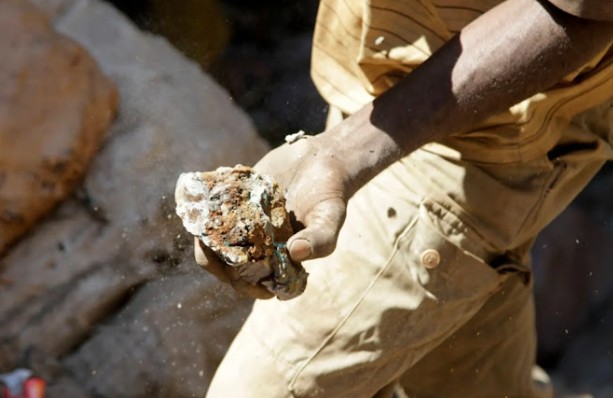Congo to Replace Cobalt Export Ban with Quota System Amid Global Supply Pressures

The Democratic Republic of the Congo (DRC) announced it will replace its cobalt export ban with a quota system, marking a major policy shift aimed at maintaining global supply chains while increasing oversight of its vital mining sector.
The decision comes amid mounting pressure from international buyers and industry stakeholders concerned about supply chain disruption, as Congo supplies more than 70% of the world’s cobalt, a critical metal used in electric vehicle (EV) batteries, smartphones, and renewable energy storage.
“We are lifting the blanket ban and implementing controlled export quotas,” a senior official from Congo’s Ministry of Mines said. “This will ensure transparency, traceability, and a more sustainable approach to resource management.”
Background: From Ban to Regulation
Earlier this year, the Congolese government had temporarily banned the export of unprocessed cobalt, citing the need to encourage local value addition and curb the informal market. However, the ban faced backlash from global tech and automotive companies, who rely heavily on steady cobalt flows and raised concerns about the sudden risk to global EV production.
The new quota system will set limits on the amount of cobalt each exporter can ship based on:
Artisanal Mining: A Traceability Challenge
The move is also seen as a response to ongoing scrutiny over Congo’s artisanal mining sector, which remains largely unregulated but contributes significantly to cobalt output up to 30% by some estimates.
Artisanal mining often involves child labor, unsafe working conditions, and illegal trading, complicating efforts by global companies to meet ethical sourcing standards and comply with due diligence laws in the U.S. and Europe.
“Without a formal mechanism, it’s difficult for buyers to trace the source of their cobalt,” said a representative from the Responsible Minerals Initiative. “Quotas could help incentivize more formal mining practices if enforced properly.”
Industry Reaction and Global Impact
The announcement has been met with cautious optimism from global stakeholders, including automakers, battery manufacturers, and clean energy firms.
Tesla, Volkswagen, and Apple all of which rely heavily on cobalt are closely monitoring developments, as the DRC’s cobalt policy directly impacts global supply chain stability.
Analysts predict that introducing quotas could temporarily tighten supply and raise prices, especially if implementation is slow or uneven across regions.
What Comes Next
The Congolese government is expected to issue detailed regulations on the quota allocation process in the coming weeks. International partners and NGOs have urged Congo to pair the new policy with strong enforcement, transparency tools, and investments in formal mining infrastructure.
If successful, the quota system could serve as a model for balancing resource sovereignty with global market integration, helping Congo gain greater control over its natural wealth without alienating key trading partners.
“This is about striking a balance between national development and global demand,” said the Congolese mines minister. “We can no longer afford chaos in a sector so central to the future of energy and technology.”
